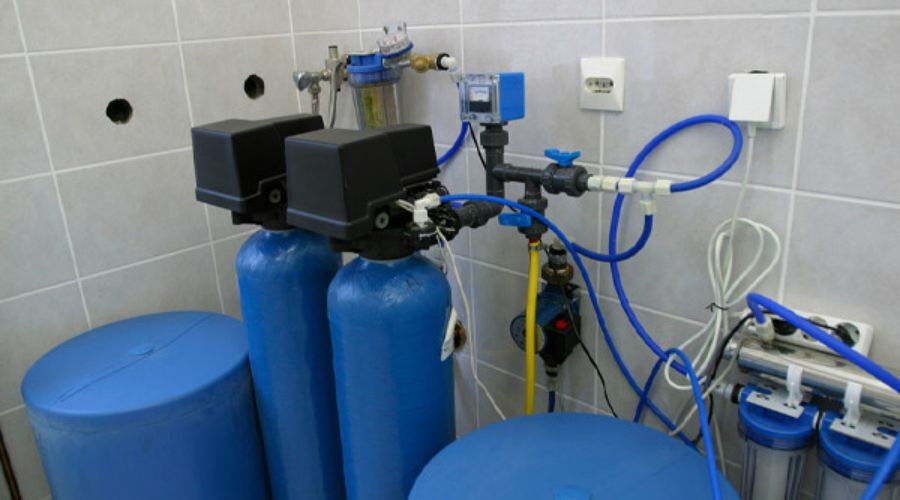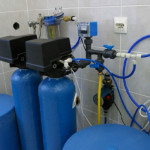The Importance of Clean Water
The fact that safe drinking water is seldom out of arm's reach has given people a false sense of security regarding its safety. Clean potable water has always been a foundational principle of public health, and with regard to the safety of most drinking water, it is mostly free of biological contaminants. However, lurking in most water supplies are other pollutants that can adversely affect health, which most people don't realize are there.
With the ubiquity of microplastics, more people are worried about their water quality than ever. Unfortunately, municipal water treatment facilities are not designed to target sediments in the water or pollutants like microplastics. To ensure the water that the family is drinking is truly safe, owners should take action by installing water filtration systems. Here is a quick guide to a few common options for water filters, why they are important, and how they can help.
How Do Water Filtration Systems Work?
 Water filtration systems allow owners to control their water's quality. Within the treated water supply are numerous contaminants like:
Water filtration systems allow owners to control their water's quality. Within the treated water supply are numerous contaminants like:
- Chlorine and chloramine
- Fluoride
- Heavy metals
- Chemicals and pharmaceuticals
- Microplastics
- VOCs
- Sediments and suspended solids
Depending on the pollutants owners wish to avoid, there are several options available that include:
- Carbon Filters: Carbon filters use activated charcoal to target chemical threats. The network of carbon grabs chemicals from the water and binds them so the resulting water is free from chemicals.
- Water Filters: If sediment is a problem in the water that contributes to plumbing issues and poor-tasting water, water filters can help. These systems target large particles like suspended solids, and they can reduce microplastics.
- Reverse Osmosis Systems: RO systems are the most expensive water filtration systems, but they do the most good. RO water filtration removes nearly all contaminants from drinking water, offering the purest water available.
Benefits of Water Filtration Systems
The problem with most municipality-treated water is that it is only treated for biological threats like bacteria and viruses. While this does a great job of preventing infectious illnesses, the facilities do almost nothing to remove compounds that contribute to poor tastes and have long-term health consequences. When homeowners choose to install a whole-house water filtration system, they can expect:
- Better-tasting water with no odors or discoloration
- Lower plumbing costs, i.e., repairs and water bills
- Longer-lasting appliances
- Lower exposure to microplastics and carcinogens commonly found in water
When Can Water Filtration Systems Be Beneficial?
 To determine if a water filtration system is right for a home, it can be helpful to ask the local authorities for water quality reports. Every water treatment facility is federally inspected to meet minimum quality requirements. Viewing this report can give owners an idea of what is in their water and what they might want to limit their exposure to.
To determine if a water filtration system is right for a home, it can be helpful to ask the local authorities for water quality reports. Every water treatment facility is federally inspected to meet minimum quality requirements. Viewing this report can give owners an idea of what is in their water and what they might want to limit their exposure to.
Once owners know what threats are in their water, they should consult local plumbers. Local contractors will know exactly how to target the contaminants that owners wish to avoid, and they can recommend and install the appropriate system.
About Allore's Plumbing Services LLC
Allore's Plumbing Services LLC employs technicians with knowledge of commercial and residential plumbing systems. Their unique knowledge of owners' local needs allows them to make the perfect recommendations regarding water filtration. Call today for plumbing service in Stuart, FL.



